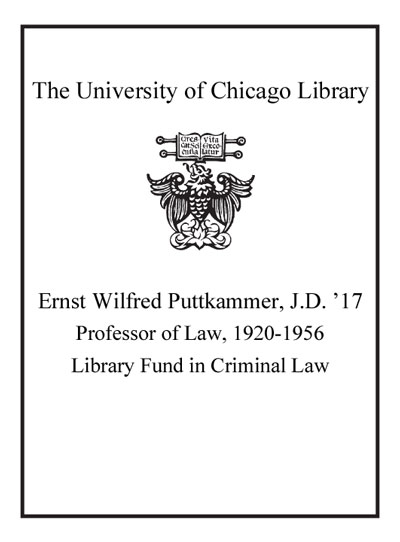Review by Kirkus Book Review
In a sweeping indictment of our economic system that's short on solutions, freelancer Winslow traces the economic genesis of American crime in the streets and in the suites. For Winslow, street crime and white-collar crime share a common denominator: our society's pervasive money-lust. Looking past demographic, psychological, and genetic factors often thought to be at the root of crime, Winslow attributes America's drug problem, its epidemic street violence, and corporate crime to greed, fostered by global capitalism. He contends first that the creation of a market economy in developing countries destroyed traditional peasant communities and engendered thriving narcotics industries. Winslow then uses the 1994 killing of 16-year-old yeshiva student Aaron Halberstam by an immigrant named Rashid Baz, seemingly a crime without an economic motive, to show how economic forces like Baz's involvement in the drug trade shape crime in America's urban centers'although he says little about Baz's psychology or the development of his anti-Semitism, which might be thought significant factors in his motive. Winslow also examines the relationship between poverty, street crime, and the ``prison-industrial complex,'' and concludes that our society's retributive response to crime is wasteful and ineffective (though he offers little in the way of alternatives). Finally, in a survey of corporate crimes against the environment, workers, and investors'an activity in which he contends corporations are abetted by corrupt politicians'Winslow concludes that capital flights to emerging economies and other financial activities of corporations have fostered crime, and that ``corporate crime helps create street crime.'' In questioning conventional criminological wisdom, Winslow raises some provocative questions, but in reducing crime to a matter of economics, he runs the risk of unconstructive oversimplification.
Copyright (c) Kirkus Reviews, used with permission.
Review by Kirkus Book Review

